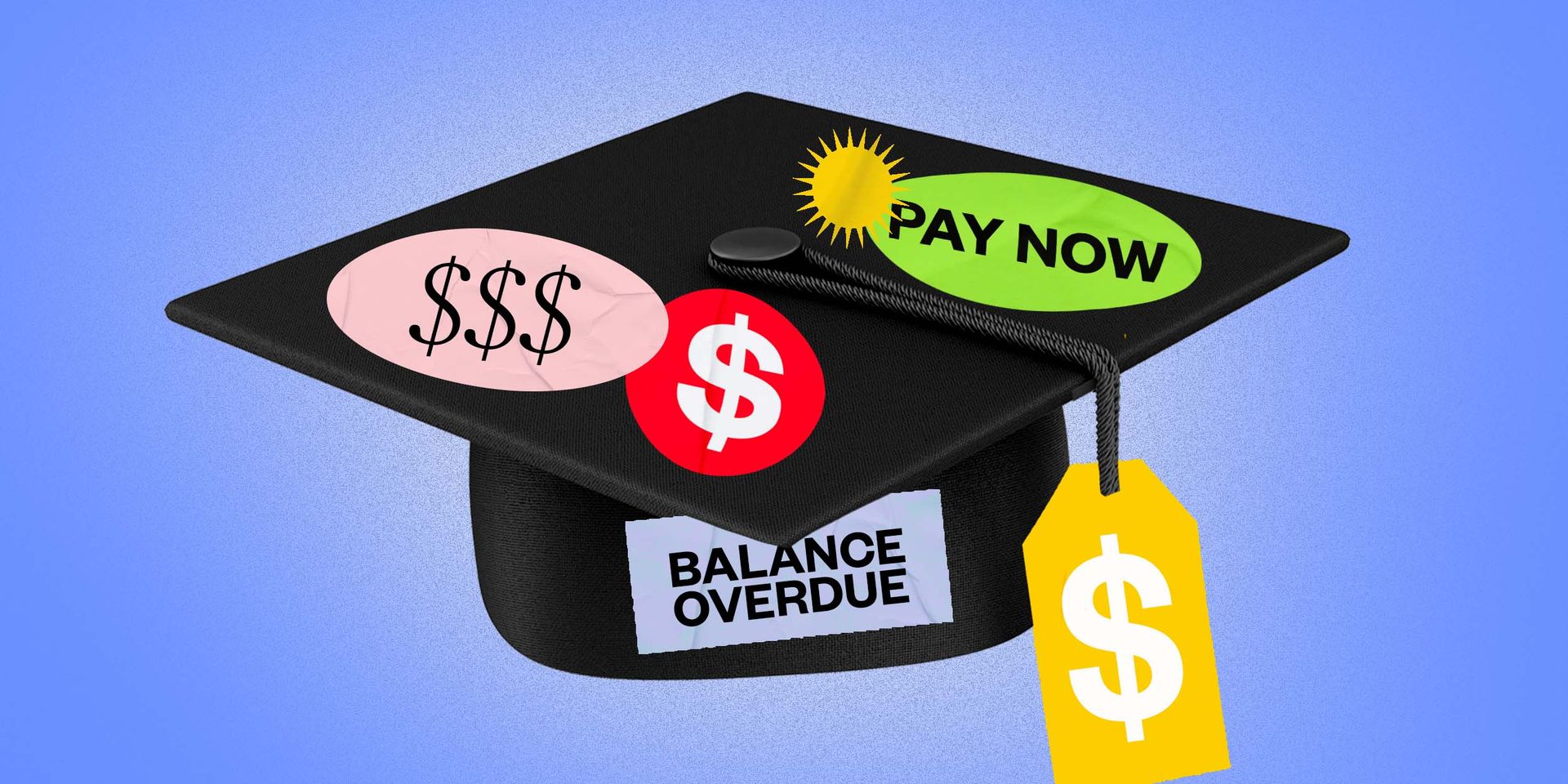Learn how to become financially successful
How Much House you Can Afford BY SALARY
These are the strategies you take when you want to AFFORD A HOME! Read Ahead!

How much house can you afford? This is a great question! Since there are many different techniques and strategies, and lenders use a different one, and there’s the option of renting as well, what to do? Invest my money and forget about home ownership?
Well, in this post, I will go over the different strategies to know what you can afford, compare it to renting and investing, and give you the options so you can pull the trigger sooner!
The first option of housing for most of Americans today is RENTING.
Renting gives you either an apartment in a building with amenities or a house on its own with no amenities but more space and less rules.
What landlords and management companies look for in a renter is their income which should be 3 times the rent they will pay. Is it three times before taxes or after taxes? Great question!
The income that they consider is GROSS INCOME which is before taxes . If you make $60,000 a year, that’s gross so divided by 12 that’s $5,000 a month. You can qualify to rent a place up to a third of that so $1665 per month.
If you want to go cheaper on rent then you have the option of ROOMATES which you can either rent a two-bedroom apartment and split in half or a house and split in 2 or 3.
Now, if you want to own a condo or a house, you need to know how much you can afford. There are different strategies here, from the most conservative Dave Ramsey approach to the lightest one which is what lenders use.
Let’s talk about it, but first give me a like if you are enjoying this .
First let’s start with the 28% rule. This rule states that you can get a monthly payment of up to 28% of your GROSS INCOME every month, meaning before taxes. If you are making $60,000 a year, well that’s $5000 a month, and 28% of that is $1,400 a month. For $1400 a month you could only afford a $200,000 home the best.
For $138,000 you can afford a $500,000 home, for $212,000 it will be a $750,000 home and for $276,000 you could afford a $1M home. This is considering dual income of course.
For me this rule is not useful since it is not taking into account important things which I will mention in a little bit, but let’s continue with the next strategy which is the 30/30/3 rule.
What is this? 30% of your gross income will go for the payment of the house. This is a little better since you get some wiggle room here. It is still tight since a $60,000 income is $5000 a month and 30% of this is only $1500 a month, or a $220,000 home.
The other 30% is for the cash you need to have saved for the house. A 20% down and a 10% in the bank for emergencies. Now we are making a little sense. What about the 3 at the end? Well this strategy says you shouldn’t buy a house or condo which is 3 times your annual income.
If you make $60,000 a year, your house shouldn’t be more than $180,000 according to this. Is this the absolute truth? No. but I’ll take bits and pieces because I like it more than the first and give you a perfect blend at the end, so stay with me.
The lenders strategy is the least restrictive because they want people to buy homes, so they can make money. This strategy is based on income and debt to income ratio. Income is how much money you make, and you need a stable job and your tax returns.
They don’t care how much you make but how much debt you have. They want a debt-to-income ratio no bigger than 1.45, meaning 45% or less of your money should go into the mortgage.
If you make $60,000 a year, and have no debt, so no credit cards, student loans, car payment, etc. they will be able to lend you around $2,200 a month. That’s a house of around $234,000.
In reality this is a very loose approach only made to get as many mortgages as they can. People can only afford to pay 2000 for example, and they want to lend you 3000, so people end up getting a bigger loan than they can manage.
Ok, with all this information, I still have the Dave Ramsey approach. He says to get a 15-year mortgage, not 30, give 10% down or 20 if you can, and the total payment shouldn’t be 25% of your NET INCOME every month, this means after taxes.
I don’t like this approach at all, and I made a video about it which you can check out after. The only thing I like about Ramsey’s is the idea of NET INCOME, not GROSS INCOME. Let me explain.
Let’s say a lender is qualifying you by income and debt to income ratios. You have John and Gerry both making $75,000 a year. Both are single and ready to buy a house.
They both don’t have any outstanding debt meaning they paid off their car, no student loans, no credit cards, nothing. Pretty good with money both of them. According to the lender’s rule, they can qualify for the same amount of money.
But if you look into it with more detail, they work in different companies. John works in a company where they give him a shitty medical insurance, charge him for lunch, charge him for use of a company car, and puts 20% into his 401k and 5% into his HSA.
Gerry on the other hand has a great job which doesn’t discount anything. Medical paid for 100%, no car, no lunches, and only puts 5% on this 401k and company matches it.
John doesn’t have the same purchasing power than Gerry, period. It’s the money you get deposited in your bank account which counts, not the GROSS INCOME.
Lenders know that if they become Dave Ramsey’s, no one will qualify and every American in this country will rent forever and they will go out of business. So they bend the requirements to GROSS INCOME.
Let me give you my own recipe, it is my recommendation. Taking the best from every strategy I listed. First, you take NET INCOME, money in your account or in your pockets if you make cash.
Then, you split that amount in three. One third of that money should be used for housing. The other 2 thirds should be used to save and live.
The Debt you have you will subtract it from your number before you divide it by 3. You make $60,000, that’s $50,000 gross. You owe $1000 a month. So, $4200 a month minus 1000 is $3200 a month. That’s your number to divide by 3. So you only can spend $1100 a month max.
If you cannot afford anything, don’t buy, or find a partner to buy with. Or move to a cheaper city or state or country.
This is very important so listen up. If you don’t take into account your debt, if you don’t use NET INCOME, if you go over a third of your money, you will be HOME POOR and regret it. Be a happy renter not a miserable buyer.
But remember, TAKE CONTROL OF YOUR LIFE AND TAKE CONTROL OF YOUR MONEY!!

Get my posts directly to your inbox
Contact Us
We will get back to you as soon as possible.
Please try again later.



